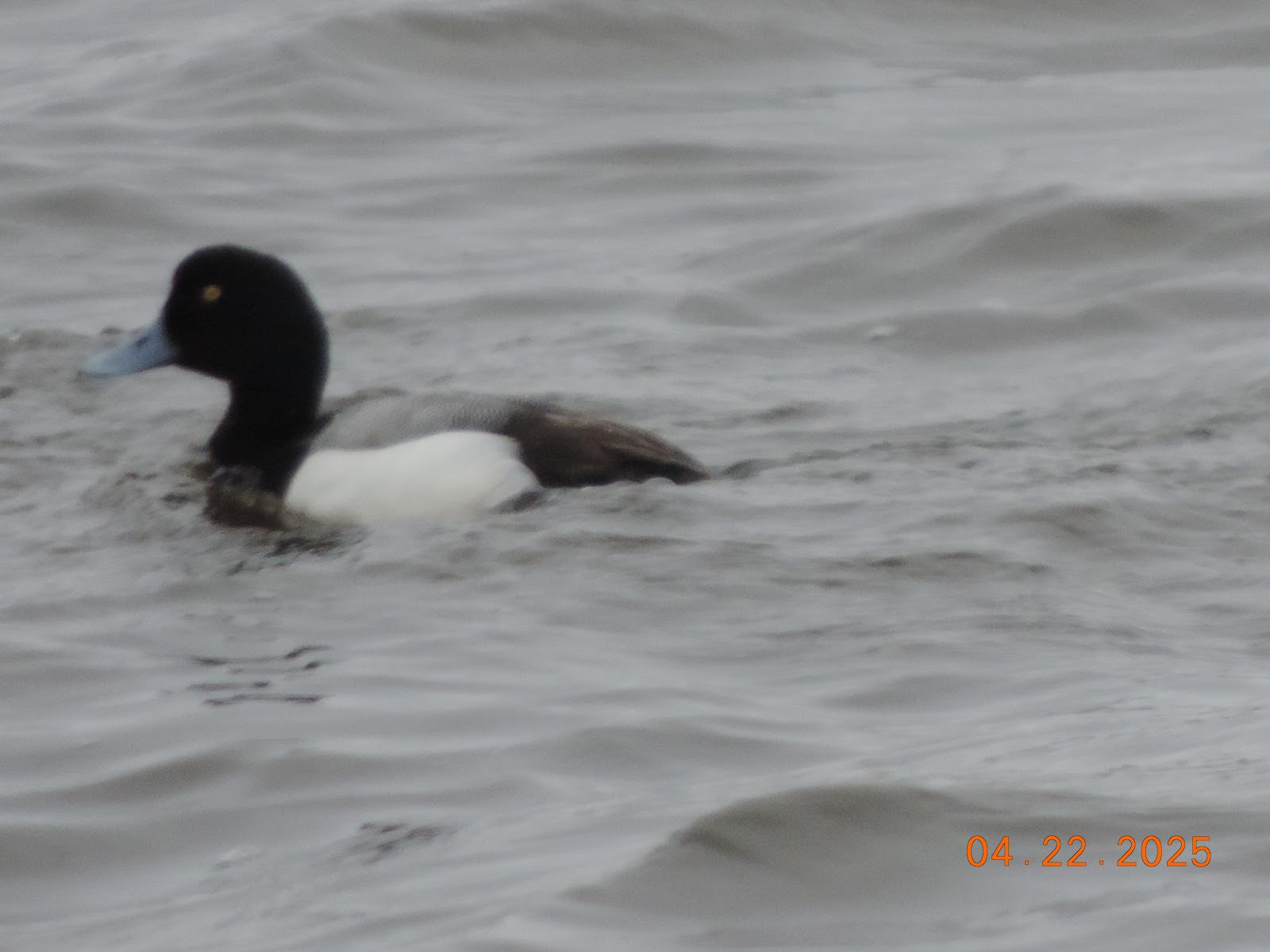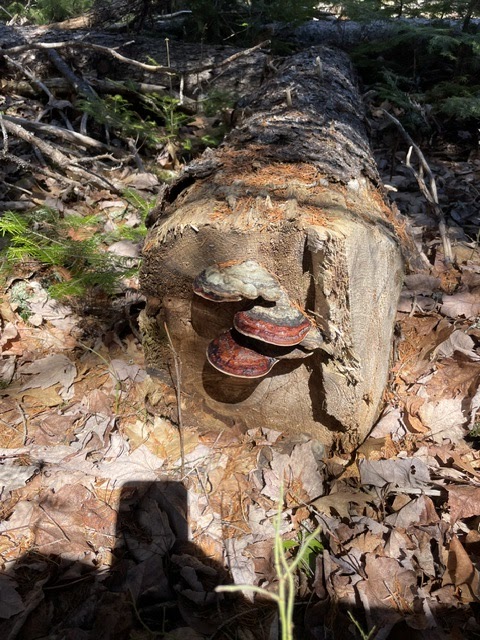NATURE
MONCTON NATURE NEWS
April 23, 2025
Nature Moncton members, as
well as any naturalist in New Brunswick or beyond, are invited to share
their photos and descriptions of recent nature sightings to build a fresh
(almost) daily edition of Nature News
To
respond by e-mail, please address your message to the information line
editor, nelsonpoirier435@gmail.com .
Please
advise the editor at nelsonpoirier435@gmail.com and the proofreader
Louise Nichols at Nicholsl@eastlink.ca if
any errors are noted in wording or photo labelling.
For more information
on Nature Moncton, check the website at www.naturemoncton.com
Proofreading
courtesy of Nichols nicholsl@eastlink.ca
To
view the live feed of the Peregrine Falcon nest cam on the summit of Assumption
Place in Moncton, go to:
**A ‘very interesting observation’ made by Gilles Belliveau on the bird nest with unhatched eggs suspected of being eastern bluebird eggs found by Fred Richards on Monday. Gilles noticed the spotted egg in the photo of the unhatched bluebird eggs. The egg in the center (on the bottom) appears whiter with brown spots, looking like a brown-headed cowbird egg, which could be the reason the nest was abandoned.
Gilles cropped the original photo and arrowed the
suspicious egg, which is in the photo lineup today.
(Editor's note: after noting Gilles' observation, I suspect more of us will be checking more closely when we encounter a clutch of unhatched eggs!)
**Aldo Dorio observed a group of approximately 50 greater
scaup on the shoreline at Hay Island on Tuesday to get photos of both
genders.
(Editor’s note: New Brunswick is on the migratory route
of the greater scaup as it travels to breeding grounds to the north of us. NB
is also on the migratory route of the lesser scaup. Greater scaup can be seen
in significant numbers, especially off the coast in bays and in large lakes,
whereas the lesser scaup tends to prefer lagoons and smaller bodies of water. Very limited breeding of greater scaup has been observed in New Brunswick.)
**Jane and Ed LeBlanc took a drive to Tynemouth Creek at
low tide (between St. Martins and Saint John) and found a small group of yellowlegs.
(Editor’s note: Jane was able to photograph one
individual that appears to be a lesser yellowlegs, but the angle the bird is
positioned in the photo makes it challenging to differentiate it from a greater
yellowlegs.)
**In recent weeks, Cathy and Isabelle Simon have had
several purple finches visiting their yard in Lutes Mountain. However,
one male really stood out from the flock with a beautiful orange colour.
(Editor’s note: One has to wonder if this bird is simply showing variation, or if this is a first-year male that has a bit more molting to do to reach its mature raspberry red plumage. Only the finch knows for sure!)
**Lisa Morris was hoping a large white pine tree
damaged by Hurricane Fiona in 1922 would survive. However, it apparently did
not, as woodpeckers are very actively recycling it, foraging for the
insect infestation.
Lisa also photographed two strikingly large witch’s
brooms and some red-belted polypore mushrooms that didn’t seem to
mind the winter’s chill.
**Brian Stone sends some photos from the Hampton lagoons
and the surrounding area.
At Upham, his sister's feeders were hosting several pairs
of purple finches and American goldfinches, with the male American goldfinch showing its brighter yellow spring colours.
At the Hampton lagoons, bird life was becoming more varied, and numbers were increasing. Birds photographed there were a close-up song
sparrow, eastern phoebe, male and female gadwall ducks, a
male common goldeneye duck, male and female green-winged teal ducks,
male and female lesser scaups, and a male northern shoveler.
The ponds at the lagoons were being flown over
acrobatically by large numbers of tree swallows that were skimming the
pond water's surface for insects, and a couple of male yellow-rumped
warblers were searching tree branches for food. A muskrat was
gathering grasses to be used for construction materials and carried them off to
some spot not readily visible.
Brian also captured a top-wing view of a green comma
butterfly.
(Editor’s note: early spring is a good time to see adult
versions of our native several comma species of butterfly, as they are one of
the few butterfly species that overwinter as an adult. The mourning cloak
butterfly and the less common Milbert’s tortoiseshell butterfly also overwinter
in the adult stage.)
Nelson Poirier.
Nature Moncton

























